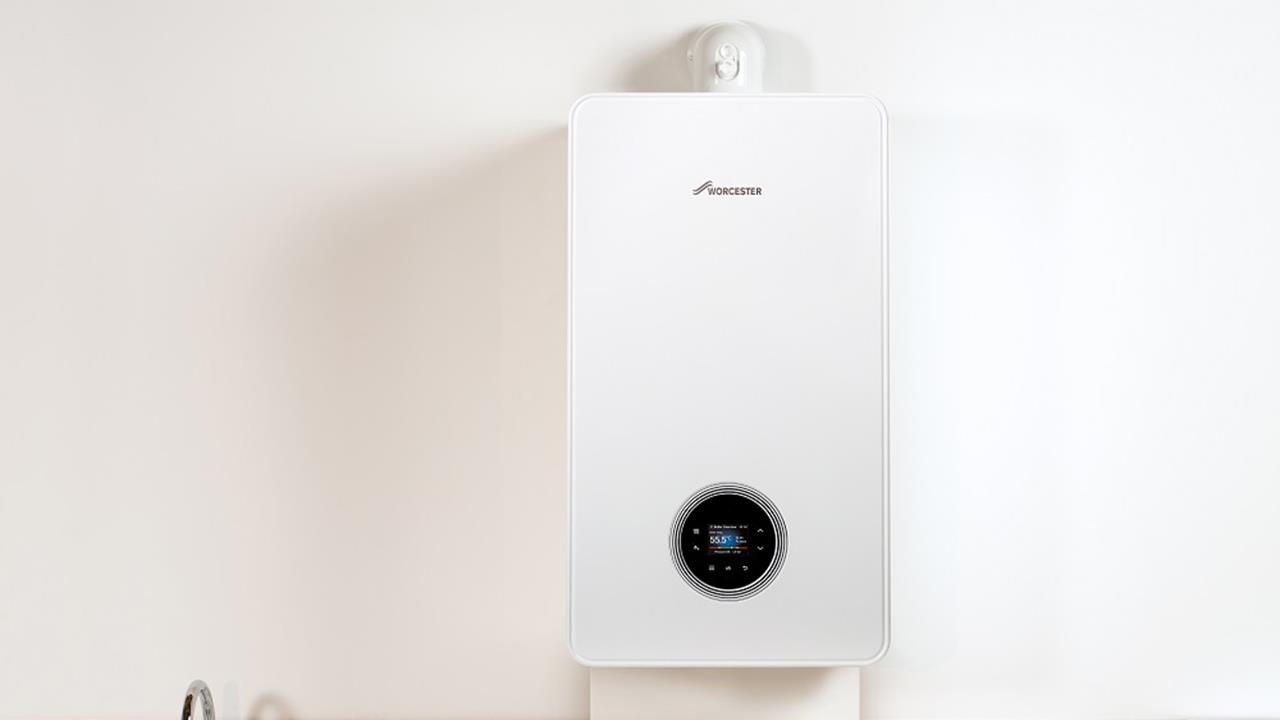


Over the last few years, the government has been positioning electricity as their preferred form of heating as we move to a net-zero carbon future.
Heat pumps are one of the government’s preferred forms of heating systems,which have been the focus of policy proposals and grant schemes.
Unfortunately, this isn’t always the best option for every home, therefore one of the most logical options is hybrid heating systems which are a combination of two or more technologies which generate heat together.
Hybrid systems are a low carbon alternative which have picked up greatly in popularity most notably in Germany and The Netherlands. It appears likely that the UK will shadow the work done by these two countries and become more accepting of hybrid systems.
The government’s position on heating
It has been rather well known that the government’s recent standpoint over the last two or three years is to position electricity as their preferred form of heating as we enter the low-to-net-zero carbon future.
The key focus for the government has been heat pumps where there have been a number of policy proposals being discussed. Additionally, there have been grants and incentives to encourage replacing a boiler with a heat pump.
We are delighted to see that the number of uptakes is increasing, but we are a long way from hitting the government target of 600,000 installed annually by 2028. Without a great change in fortunes, this target is looking increasingly unlikely, particularly now we have the cost of living to contend with, and possible inflation rates of up to 18% in 2023.
There have also been a number of new entrants into the heat pump installation market who are attempting to do this at a lower cost base than perhaps we have been experiencing before. Some suppliers are suggesting they will reach cost parity with a boiler installation by 2025, a highly unlikely ambition.
Nevertheless, even with the £5,000 Boiler Upgrade Scheme grant, it is quite a bit more expensive than the installation of just a replacement boiler. The expenses are somewhat understandable, as modifications generally have to be made to both the heating system and the pipework and also the addition of a storage cylinder which in itself is around the same price of a gas-fired boiler.
International developments
An alternative option that the UK government does not particularly favour, is the consideration of a hybrid heating system. Internationally, there have been some developments in the attitudes towards hybrid heating systems.
The coalition government in Germany, up until the recent crisis in Russia and Ukraine, with the German dependency on Russian gas, had been unsupportive of hybrid systems. The German government wanted something more ambitious, like an out-and-out heat pump installation.
This has changed in recent months, with their position now being that 65% of the energy used by a heating system must come from a low or zero carbon source. Hybrid systems provide this, and generally it is significantly more than 65% with recent trial installations finding between 75-80% and even higher.
A similar stance has been taken in The Netherlands, where you cannot replace just the boiler from 2026 onwards. Any replacements must be made with the assistance of a heat pump, i.e., a hybrid system.
The future of hybrid systems
We think that the UK is likely to see these arrangements and realise that although heat pumps can be a great technology, it can be cost and space prohibitive to expect this system to be suitable for all properties.
Therefore, we are seeing more acceptance of a hybrid heating system whereby an existing combi boiler or new combi boiler can continue to generate the hot water for the house.
The heat pump would provide heat for, let us say, 80% of the time of the heating system. The boiler would be there simply for support and backup should the weather become quite exceptional and too much for the heat pump to cope with.
One of the major advantages of this is that a hybrid system can, for the most part, inherit the existing heating system with little remedial works. This means that the changes are lessened significantly and therefore will be a more acceptable solution for the householder who would be purchasing the installation. This is especially true for those who are buying out of distress if they have no heating or water due to their existing boiler failing.
We believe that this will be a great compromise for many homeowners, and we are actively in providing products, such as this one, to the market.
If you'd like to keep up-to-date with the latest developments in the heating and plumbing industry, why not subscribe to our weekly newsletters? Just click the button below and you can ensure all the latest industry news and new product information lands in your inbox every week.